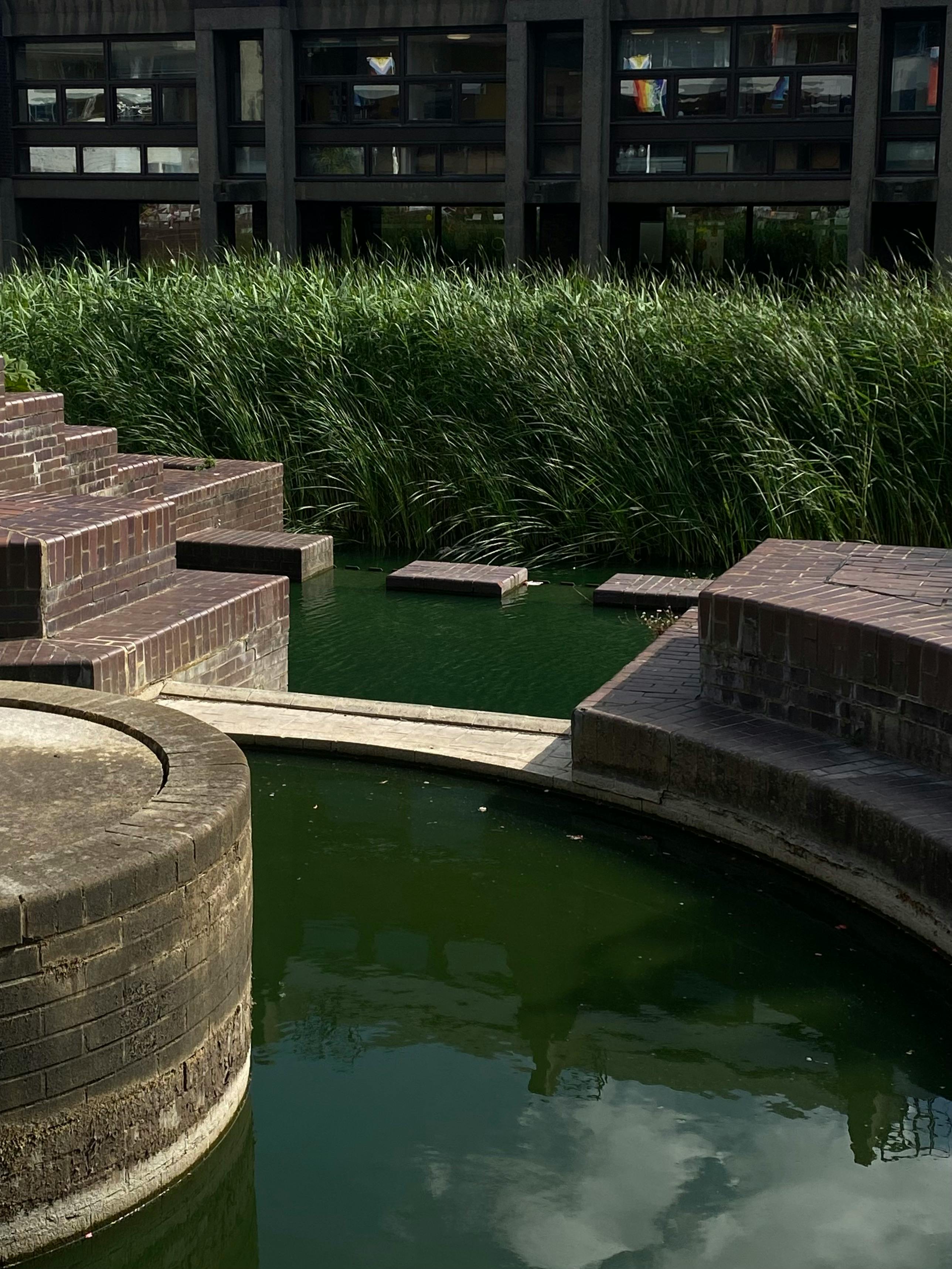If you find yourself facing the complex and often overwhelming process of probate in Stansbury Park, Utah, it is crucial to have an experienced and knowledgeable attorney by your side. With extensive expertise in probate law and a deep understanding of the local legal landscape, our probate attorney in Stansbury Park, Utah is dedicated to providing exceptional legal representation and guidance. Whether you are an executor navigating the intricacies of estate administration or a beneficiary seeking to protect your rights, our attorney is here to advocate for your best interests and achieve a favorable outcome. Trustworthy, professional, and committed to delivering personalized service, we are ready to assist you in every step of your probate journey.
Find A Probate Attorney In Stansbury Park Utah
Overview of Probate Law and Process
What is probate law?
Probate law refers to the legal process that takes place after a person’s death in order to distribute their assets and settle any outstanding debts. It ensures that the deceased’s wishes, as stated in their will or determined by the state laws of intestacy, are carried out properly.
Understanding the probate process
The probate process involves several steps to administer the estate of the deceased individual. It begins with filing the necessary documents with the court to open the probate case. This includes submitting the will, if one exists, and notifying beneficiaries and creditors. The next step involves determining the validity of the will and appointing an executor or personal representative to oversee the estate administration. The executor’s responsibilities include inventorying assets, paying debts and taxes, and ultimately distributing assets to beneficiaries. Once all the necessary tasks are completed, the probate process concludes with the court approving the final distribution of the estate.
Common issues in probate cases
Probate cases can be complex and may involve various issues. Disputes may arise over the validity of the will, especially if there are concerns about undue influence or lack of testamentary capacity. Family members or other interested parties may also contest the distribution of assets or challenge the executor’s actions. Additionally, creditors may file claims against the estate, potentially delaying the distribution of assets. Resolving these issues requires expert knowledge of probate law and experience navigating the legal processes involved.
Why You Need a Probate Attorney
Importance of legal representation
Navigating the probate process without legal representation can be daunting and risky. Probate laws and procedures vary by jurisdiction, and the complexity of these laws can easily overwhelm an individual without legal training. Hiring a probate attorney ensures that you have an expert guiding you through each step, helping you understand your rights and obligations, and ensuring a smooth and efficient probate process.
Benefits of hiring a probate attorney
A probate attorney brings extensive knowledge and experience to the table, allowing them to handle any challenges or disputes that may arise during the probate process. They are familiar with the local probate laws and can help you navigate the specific requirements of your jurisdiction. By hiring a probate attorney, you can minimize the risk of errors, delays, and costly litigation. They can also provide guidance on estate planning strategies to help you and your loved ones avoid probate altogether.
When to hire a probate attorney
It is advisable to consult with a probate attorney as soon as possible after the death of a loved one or if you anticipate a probate case in the future. It’s essential to involve an attorney early in the process to ensure all the necessary steps are followed correctly. By seeking legal advice promptly, you can avoid potential pitfalls and ensure a smooth and efficient probate process.

Get Legal Advice From A Probate Attorney In Stansbury Park Utah
Services Offered by a Probate Attorney
Estate planning and drafting wills
Probate attorneys can assist individuals in creating comprehensive estate plans and drafting legally binding wills. They have the expertise to guide you through the process of identifying your assets, determining your beneficiaries, and appointing guardians for minor children if necessary. By working with a probate attorney, you can ensure that your wishes are clearly stated in your will and that your assets will be distributed according to your intentions.
Guidance on trust administration
Trusts are an effective estate planning tool that allows individuals to protect their assets and avoid probate. A probate attorney can provide guidance on the creation and administration of various types of trusts, such as living trusts, testamentary trusts, and special needs trusts. They can explain the different options available, evaluate your specific circumstances, and assist you in establishing and managing a trust that aligns with your goals and objectives.
Probate litigation and disputes
Should conflicts arise during the probate process, a probate attorney plays a crucial role in representing your interests and advocating on your behalf. They can guide you through the necessary steps to resolve disputes, whether through negotiation, mediation, or, if necessary, litigation. With their expertise in probate law, they will work to protect your rights and ensure that the estate is distributed in accordance with the deceased’s wishes or applicable laws.
Finding the Right Probate Attorney
Considerations when choosing a probate attorney
When selecting a probate attorney, it is essential to consider their qualifications, experience, and reputation. Look for an attorney who specializes in probate law and has a track record of successfully handling probate cases. Consider their knowledge of local laws and familiarity with the specific court system where your case will be heard. It is also crucial to find an attorney who understands your unique circumstances and is someone you feel comfortable working alongside during what can be an emotionally challenging time.
Questions to ask during the initial consultation
Schedule an initial consultation with potential probate attorneys to discuss your needs and evaluate their suitability. Prepare a list of questions to ask, such as:
- How long have you been practicing probate law?
- Do you have experience handling cases similar to mine?
- What is your approach to resolving conflicts or disputes that may arise during the probate process?
- Can you provide references or testimonials from previous clients?
- What is your fee structure and payment terms?
Asking these questions will help you gain insight into the attorney’s expertise, approach, and compatibility with your needs.
Checking the attorney’s qualifications and experience
Before hiring a probate attorney, conduct due diligence to ensure their qualifications and experience align with your requirements. Research their educational background, professional affiliations, and any additional certifications or specialized training they may have obtained. Additionally, review any online reviews or testimonials from previous clients to gain a better understanding of their reputation and the quality of their services.

Understanding the Probate Process in Stansbury Park, Utah
Overview of probate laws in Utah
Probate laws in Utah govern the process of administering an estate and provide specific guidelines for probate cases. It is crucial to have a thorough understanding of these laws to ensure compliance and a seamless probate process. Utah follows the Uniform Probate Code, but it is always advisable to consult with a probate attorney familiar with the jurisdiction-specific requirements in Stansbury Park.
Specifics of probate process in Stansbury Park
While the probate process follows a general framework, specific requirements and procedures may differ from one jurisdiction to another. In Stansbury Park, Utah, the probate process typically involves filing the necessary documents with the district court, appointing an executor, and distributing assets in accordance with the decedent’s will or applicable laws of intestacy. It is essential to work with a probate attorney who is familiar with the local rules and can help you navigate the specifics of the probate process in Stansbury Park.
Timeline and steps involved in probate
The probate process can vary in duration, depending on the complexity of the estate and any conflicts or disputes that may arise. Generally, the process involves several stages, including filing the initial petition, notifying interested parties, inventorying assets, paying debts and taxes, and distributing assets to beneficiaries. The timeline can range from several months to over a year, depending on the circumstances. A probate attorney can provide guidance on the specific timeline and steps involved in your case, ensuring a timely and efficient resolution.
Avoiding Probate Through Estate Planning
Importance of estate planning
Estate planning is crucial for individuals who wish to have control over the distribution of their assets and avoid the probate process. Through estate planning, you can determine how your assets will be distributed, appoint guardians for minor children, minimize tax liabilities, and provide for loved ones in the event of your passing. By engaging in thoughtful estate planning, you can ensure that your wishes are carried out and reduce the burden on your loved ones during an already challenging time.
Key strategies to avoid probate
There are several strategies individuals can employ to bypass the probate process and streamline the transfer of assets to their heirs. One common approach is to establish a revocable living trust, which allows you to transfer your assets into the trust during your lifetime. Upon your death, the assets held within the trust can be distributed to your beneficiaries without going through probate. Other strategies include naming beneficiaries for retirement accounts, using joint ownership with rights of survivorship for real estate, and making use of payable-on-death designations for bank accounts and investments.
Establishing a revocable living trust
A revocable living trust is a popular and effective tool for avoiding probate. By creating a trust and transferring your assets into it, you become the trustee and retain control over your assets during your lifetime. Upon your passing, a successor trustee of your choosing takes over and distributes the assets to your beneficiaries according to your instructions. This ensures a seamless transfer of assets without the need for probate. Working with a probate attorney, you can establish a revocable living trust that aligns with your specific needs and goals.
Challenges and Disputes in Probate Cases
Common challenges in probate cases
Probate cases can present various challenges that may delay the resolution of the estate and lead to disputes among interested parties. Challenges may include disputes over the validity of the will, disagreements regarding the distribution of assets, allegations of undue influence or lack of testamentary capacity, and claims from creditors. These challenges can create tension within families and potentially result in costly and time-consuming litigation. Having a skilled probate attorney on your side can help navigate the challenges and find swift and satisfactory resolutions.
How to resolve probate disputes
Resolving probate disputes requires a thoughtful and strategic approach. Often, alternative dispute resolution methods such as mediation or negotiation can help parties reach a mutually agreeable resolution without resorting to litigation. Mediation provides a forum for open communication and allows all parties to express their concerns and interests. If resolution through mediation is not possible, litigation may be necessary. In such cases, a probate attorney with experience in probate litigation can represent your interests and advocate for a fair resolution in court.
Mediation vs. litigation in probate disputes
Mediation is a preferred method for resolving probate disputes due to its many benefits. It allows parties to maintain control over the outcome and provides an opportunity for creative solutions that may not be available through litigation. Mediation is typically less adversarial and time-consuming than litigation and can help preserve family relationships. However, in some cases, litigation may be the only option. Consulting with a probate attorney can help determine the best approach for your specific situation and guide you through the resolution process.
Probate Attorney’s Role in Estate Administration
Responsibilities of a probate attorney
A probate attorney’s role in estate administration is multi-faceted. They provide legal representation and guidance throughout the entire probate process, ensuring compliance with applicable laws and regulations. Some key responsibilities include preparing and filing necessary documents with the court, advising the executor or personal representative on their duties, inventorying and valuing assets, assisting with creditor claims, resolving disputes, and ultimately overseeing the distribution of assets to beneficiaries. A probate attorney’s expertise and experience are invaluable in navigating the complex landscape of estate administration.
Assisting with asset valuation and distribution
One critical aspect of estate administration is asset valuation and distribution. A probate attorney can provide guidance on the proper valuation of assets, ensuring accurate accounting and fair distribution. They work closely with appraisers, financial advisors, and other professionals to assess the value of real estate, investments, personal property, and other assets. Additionally, a probate attorney oversees the distribution of assets to ensure that beneficiaries receive their rightful share in accordance with the deceased’s wishes or applicable laws.
Handling creditor claims
During the probate process, creditors have the opportunity to file claims against the estate to recover any outstanding debts owed to them by the deceased. A probate attorney can assist in evaluating and validating creditor claims and negotiate with creditors to ensure a fair resolution. They also play a crucial role in prioritizing and satisfying legitimate creditor claims using the available estate assets. With their expertise, a probate attorney can help protect the estate from creditor abuse and minimize the impact of debts on the distribution to beneficiaries.

Costs and Fees Associated with Probate
Typical costs involved in probate
Probate proceedings come with associated costs, which can vary depending on the complexity and size of the estate. Common costs include court filing fees, fees for appraisals or professional services, publication fees for required notices, and fees for the probate attorney and any other professionals engaged during the process. Additionally, there may be costs associated with paying off outstanding debts and taxes owed by the estate. It is important to discuss these costs with your probate attorney to have a clear understanding of the financial implications.
Factors affecting probate attorney fees
The fees charged by probate attorneys may vary based on several factors, including the attorney’s experience, the complexity of the case, the time and effort required, and the specific services provided. Complex cases that involve litigation or disputes are likely to incur higher fees due to the additional work involved. Some probate attorneys charge an hourly rate, while others may offer flat fees or a percentage of the estate’s value as their fee structure. It is crucial to discuss the fee structure and payment terms with your probate attorney upfront to avoid any surprises down the line.
Fee structures and payment options
Probate attorneys may offer different fee structures and payment options to accommodate their clients’ needs. Hourly rates are common, where clients are billed for the attorney’s time based on an hourly rate and the total bill is determined by the number of hours expended on the case. Others may offer flat fees, which are predetermined amounts for specific services, regardless of the actual time spent. Some probate attorneys may also offer payment plans or accept credit card payments to help individuals manage the financial burden associated with probate. Discussing the fee structure and payment options with your attorney will help ensure a clear understanding of financial expectations.
Success Stories and Testimonials
Case studies highlighting successful probate cases
Probate attorneys often have success stories and case studies that highlight their expertise and achievements. These case studies provide real-world examples of how an attorney navigated complex probate cases, resolved disputes, and facilitated the fair distribution of assets. By sharing success stories, probate attorneys demonstrate their ability to handle challenging situations and their commitment to achieving favorable outcomes for their clients.
Client testimonials and reviews
Client testimonials and reviews are invaluable in gaining insight into an attorney’s reputation and the quality of their services. Reading about the experiences of previous clients can give you an idea of how the attorney communicates, approaches cases, and handles challenges. Positive testimonials and reviews serve as proof of an attorney’s track record and can provide you with confidence and reassurance when deciding to hire them.
Proven track record of the attorney
A probate attorney’s track record is a testament to their skill and competence. Look for an attorney who has a proven history of successfully resolving probate cases and achieving favorable outcomes for their clients. They should be able to demonstrate their expertise in handling a range of probate matters, from straightforward administrations to complex disputes. An attorney’s track record can exemplify their commitment to their clients and their ability to navigate the intricacies of probate law.
In conclusion, hiring a probate attorney is essential for understanding and navigating the probate process correctly. With their expertise and experience, probate attorneys provide crucial legal representation, ensuring your rights are protected and the estate is administered efficiently. From estate planning to resolving disputes, probate attorneys offer a range of services tailored to your specific needs. When choosing a probate attorney, consider their qualifications, experience, and track record. By finding the right probate attorney, you can have peace of mind knowing that your interests are in capable hands during this challenging time.